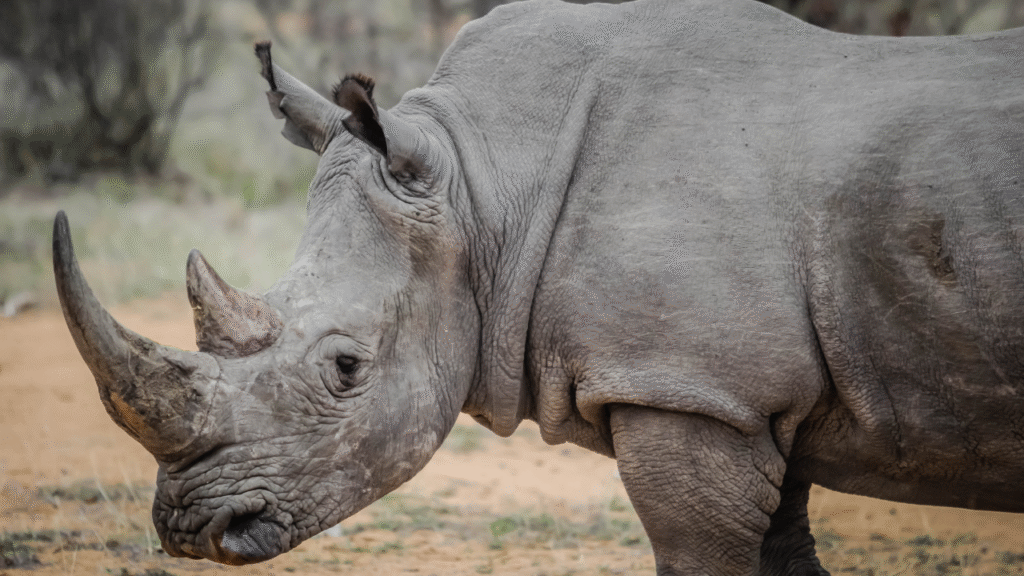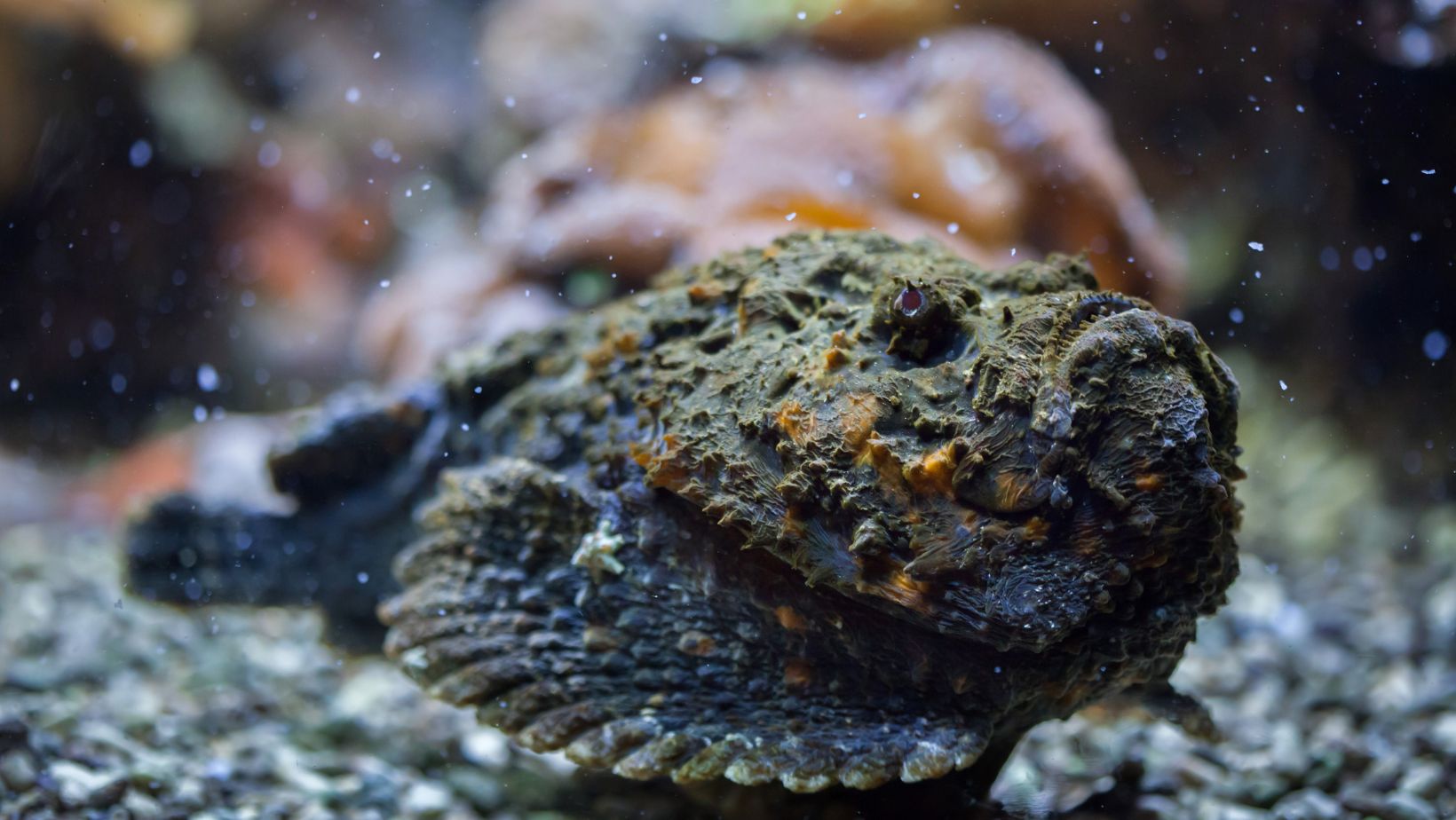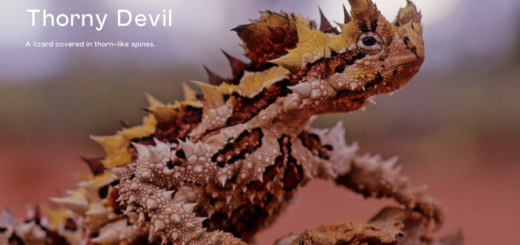Wildlife Conservation: Heroes on the Frontlines
Wildlife conservation has never been more urgent. With over one million species at risk of extinction due to habitat loss, poaching, climate change, and human development, the fight to protect biodiversity is a race against time. Behind this effort are passionate individuals and organizations working tirelessly to safeguard nature’s most vulnerable creatures. These are the unsung heroes on the frontlines of wildlife conservation.

The Daily Risks Faced by Conservationists
Conservation heroes often work in some of the world’s most remote and dangerous environments. Park rangers in Africa’s protected reserves, for instance, risk their lives daily to guard elephants and rhinos from heavily armed poachers. According to the International Ranger Federation, dozens of rangers are killed each year in the line of duty. Their sacrifice goes beyond wildlife—it’s about defending the balance of entire ecosystems.
Innovative Conservation Techniques
Modern conservation efforts rely not only on courage but also on science and technology. Drones, GPS tracking collars, and remote camera traps help monitor endangered animals without disturbing their habitats. Organizations like WWF and Panthera are using artificial intelligence to predict poaching patterns and deploy resources more effectively. These innovations are transforming how we protect wildlife.
Community-Based Conservation
True conservation success comes when local communities are involved. In Kenya, the Maasai people have partnered with conservation groups to protect lions, turning former hunters into guardians. In the Amazon, Indigenous tribes are using traditional knowledge to map and protect forest territories. Empowering local populations with education, alternative livelihoods, and ownership of conservation outcomes leads to more sustainable results.
Women Leading the Way
The role of women in wildlife conservation is growing rapidly. Programs like Black Mambas, South Africa’s all-female anti-poaching unit, show that strength and resilience come in many forms. Female conservationists are also leading research projects, managing wildlife reserves, and shaping conservation policies worldwide.
How You Can Help
Supporting wildlife conservation doesn’t require a degree in biology or boots on the ground. Here are simple ways to make a difference:
- Donate to trusted conservation organizations.
- Choose eco-friendly products that avoid habitat destruction.
- Reduce plastic use to protect marine animals.
- Spread awareness through social media and education.
- Volunteer your skills—many nonprofits welcome remote help with writing, design, or data analysis.
Conclusion
Wildlife conservation is not just a scientific pursuit—it’s a human story of courage, innovation, and global cooperation. The heroes on the frontlines are making a real difference every day. By supporting their work, we help preserve the incredible diversity of life on Earth for future generations.








